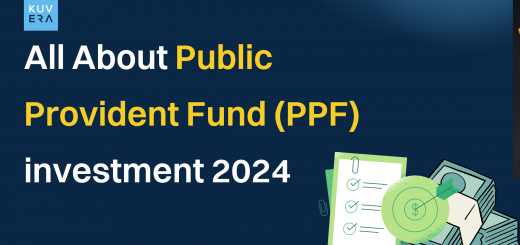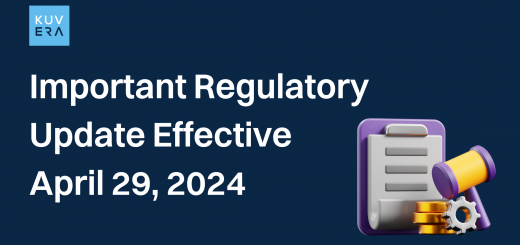If you’re new to investing and curious about all available investment options you could try, you will want to learn about index hugging investment products!
What are index hugging investment products?
Index hugging investment products are one of the simplest ways of investing in the stock market. Index hugging products are investment funds or portfolios that closely mirror the performance of a market index, such as the S&P 500 or the BSE Sensex. These products are designed to deliver returns that are very similar to the index they are tracking, while minimizing deviations from the benchmark.
Index hugging products can take different forms, such as index funds, exchange-traded funds (ETFs), or separately managed accounts (SMAs). These products are popular among investors who prefer a low-cost, low-risk investment strategy that provides exposure to the broader market.
Difference between index fund and ETFs
There are no major difference between the two. However there are three minor difference that you should consider while choosing the one that’s better for you:
i) Mode of investing – You need to open a DEMAT account first to invest into an ETF. Investing into ETFs is not possible otherwise.
Investing into Index Funds is simpler, and does not require any such step. You can simply sign up directly on the website of any asset management company & start investing!
ii) Flexibility – ETFs are much more flexible when it comes to tracking the underlying index. You can buy or sell ETF units at any point during stock market hours but you can only buy or sell index funds at closing time.
For eg: If Nifty50 index is down 1000 points at 1 pm, and you want to buy the units at low levels, you can do so via NIFTY50 ETF during live market hours.
However, if you are investing into index funds and want to benefit from this, you won’t be able to if the Nifty50 index recovers by closing time.
iii) Cost – While the expense ratio for index funds is higher than ETFs, ETFs incur transaction costs for both buying & selling. As a result, there isn’t any major difference between index funds & ETFs on cost basis unless it’s a huge investment amount.
ETF vs index funds – which one is better?
Both are simple ways to start investing in stocks, but between the two, index funds are much more simpler from an operational point of view.
In the case of ETFs, it often happens that you don’t get enough buyers when you wish to sell your units. As a result, liquidity can be a challenge. The same issue doesn’t occur with index funds, as mutual fund companies handle these transactions & there is no direct interaction with buyers/sellers.
Therefore, index funds are a might be a better investment option for you than ETFs.
Interested in how we think about the markets?
Read more: Zen And The Art Of Investing
Watch here: How to invest during a bear market?
Start investing through a platform that brings goal planning and investing to your fingertips. Visit kuvera.in to discover Direct Plans and Fixed Deposits and start investing today. #MutualFundSahiHai #KuveraSabseSahiHai











